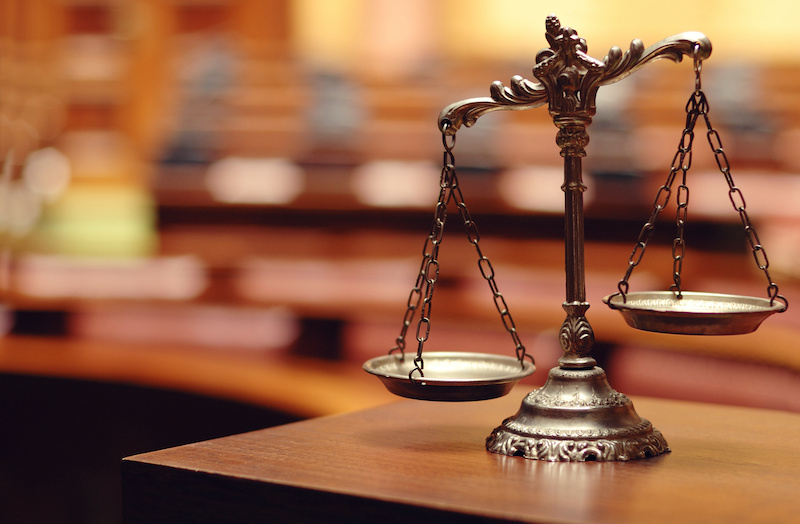Losing a loved one can put a person in a stressed state of mind. Dealing with all the necessary legal steps that accompany estate distribution only worsens the situation.
In North Carolina, any party interested in the estate can enter a caveat to probate when the probate begins and for three years after that. While the law protects those who want to contest a will, the process of doing so is complex. Navigating this process can be a lot easier with an experienced will caveat attorney on your side.
Let’s take a closer look at why hiring a lawyer is vital to having a good chance in court.
Getting Through Caveat Proceedings
Caveat is a notice filed by an interested party (“Caveator”) to contest the will’s validity. Caveat proceedings are arranged in North Carolina Superior Court in front of a jury. While it’s possible to present your case without an attorney, doing this in a stressed state of mind and without a legal background is complicated.
Contesting a will in North Carolina requires the Caveator to take a series of steps aimed at proving that the document is invalid. At first, the burden of proof is upon the Propounder (defender of the will’s validity – the person who submitted it to probate). However, then it shifts to the Caveator, who needs to prove by the greater weight of evidence that the will is flawed.
Filing a caveat, collecting evidence, and presenting it to a jury requires a well-thought-out approach. Even if your evidence seems impeccable, without the right presentation, you could lose the case.
The Propounder is likely to hire an attorney to defend the will. Working against them without a legal background could be challenging, which makes it critical to select the right legal team to present your case.
Keeping Your Sanity During a Will Contest
Contesting a will isn’t just complex – it’s extremely stressful. Caveators who are still grieving over their loved ones need to face the jury and the Propounder’s attorney. The other party’s lawyer is likely to arrange a deposition and ask uncomfortable questions. Handling this on your own can be highly unnerving.
While hiring an attorney won’t save you from the deposition, it can help you prepare for the process. Knowing what to say allows you to remain calm and contribute to the case’s success.
Probate attorneys aim at simplifying the process for Caveators who have probably never gone through similar proceedings before. Without professional assistance, a will contest could turn into a series of legal, financial, and emotional ups and downs.
Arranging a Settlement Agreement
In North Carolina, parties may enter into a settlement agreement before the entry of judgment by the Superior Court. If an agreement is reached, the Court can enter a judgment without a jury’s verdict.
In many cases, a settlement agreement is a preferred course of action for both Caveators and Propounders. It can minimize financial and emotional losses, ending the proceedings with benefits for both parties.
Negotiating a settlement during probate requires a professional approach. Agreeing to another party’s proposition could cost you a substantial amount of money unless arranged properly. Meanwhile, providing arguments for a settlement also requires experience and legal background.
Evaluating the Grounds for a Successful Will Contest
The most common grounds for a successful will contest in North Carolina include:
Lack of Testamentary Capacity
It’s not always enough to prove that the testator had signs of mental illness to argue the lack of testamentary capacity.
You would also need to show evidence that the testator didn’t understand their property or whom they wanted to leave it at the time a will was made. The burden of proof, in this case, is the Caveator’s.
Undue Influence
Proving undue influence is highly complicated. You would need to demonstrate that a fraudulent influence of the mind took place at the time the testator was writing and signing the will.
This would require a significant approach to evidence gathering. According to the Supreme Court:
“The very nature of undue influence makes it impossible for the law to lay down tests to determine its existence with mathematical certainty.”
That’s why no matter how good your evidence may seem, determining its validity depends on the human factor.
However, the Supreme Court identifies a number of factors (Andrews Factors) that help determine undue influence. They include:
- Physical and mental illness and old age.
- The beneficiary is supervising the testator, and the entire process of the signing of the will takes place in the beneficiary’s home.
- The will is different from the previous version and revokes it.
- Beneficiary procures the will’s execution.
- Interested parties had little to no opportunity of seeing the testator
- The will is made in favor of someone with no ties of blood to the testator.
- The will disinherits the natural objects of the testator’s bounty (closest surviving members of the family).
An attorney can help you evaluate the grounds for a successful will contest and determine your chances of winning the trial or reaching a settlement.
Making Quick Decisions
Just as with any legal proceedings, you may need to make quick decisions. They can be related to evidence collection, document filing, settlement agreements, and much more. Failing to accept an offer, draft the right document, or make an important statement could cause you to lose the trial.
With an attorney by your side, these decisions are much easier to make. A qualified lawyer provides sufficient information to help you choose a direction to go in. Without expert advice and experience, it may be hard to collect the necessary data for quick decision-making.
Propounders Need Attorneys As Well
If you’ve just lost a loved one and started navigating complex probate, the process could be delayed when you face a caveat. While it may seem that your loved one’s will is in excellent shape, it may still be subject to scrutiny by interested parties.
That’s why it’s imperative to work with an attorney, no matter how straightforward probate looks at first glance. Only an experienced lawyer can help you get through the caveat proceedings and defend the will’s integrity successfully.
At Fiduciary Litigation Group, our experienced attorneys can help you navigate the process of contesting a will and protecting your rights. Contact us today to schedule a consultation.

